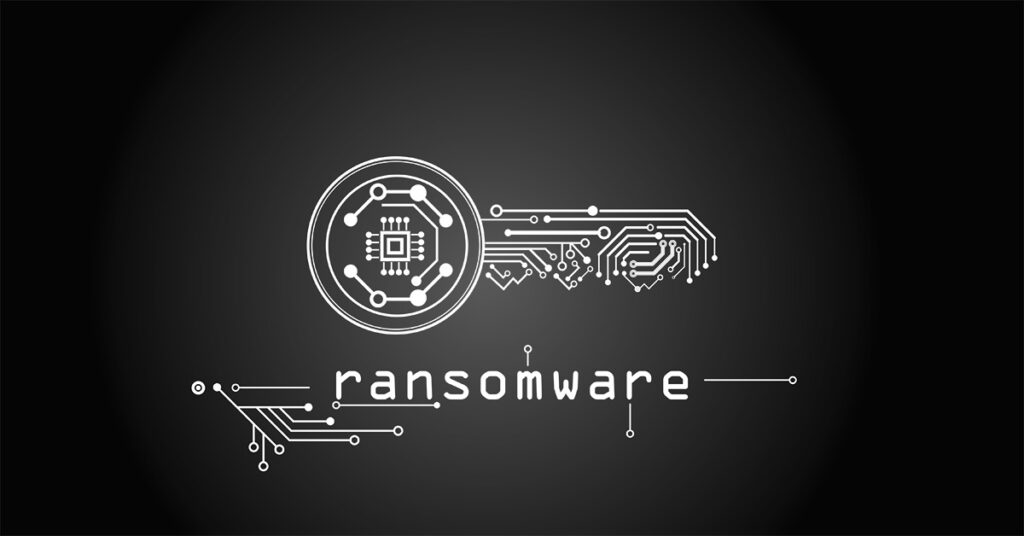
Remote Backup System – A Way to Thwart a Ransomware Attack
Over 60 credit unions have suffered ransomware attacks in the past few months. Having a remote backup system plays a significant role in thwarting your credit union from becoming a ransomware attack victim.
What is Ransomware?
Ransomware is malware that encrypts files on a victim’s system, rendering them inaccessible until a ransom is paid. With a remote backup system, credit unions can implement several strategies to enhance their resilience against ransomware threats by protecting against these attacks.
Is your current backup system effective in preventing ransomware attacks?
The more advanced remote backup solutions offer immutability features, preventing data from being altered or deleted, even by those with administrative access. This protects against scenarios where attackers attempt to manipulate or destroy backup data to hinder recovery efforts. The more remote and isolated your backup system is, the more effective it will be in thwarting these attacks. A best-of-breed remote backup will:
- Reduce Ransoming Payments – With a reliable remote backup system, the credit union is less likely to succumb to ransom payment pressure. If data can be restored from backups, there is no need to pay the ransom, denying cybercriminals their financial incentive. This protects the credit union’s financial resources and discourages the proliferation of ransomware attacks.
- Isolate Your Local Networks – Remote backup systems store data in offsite or cloud-based servers isolated from vulnerable local networks. Since ransomware often spreads across connected devices, having an offsite backup adds a layer of separation, protecting the backup data from being compromised in an attack. Even if the primary network is compromised, the remote backup remains untouched, providing a clean and secure copy of the data.
- Enhance Data Recovery – The credit union can recover data quickly from that isolated remote backup system during a ransomware attack. The regularity and frequency of the backups determine how much data is unaffected and uncorrupted and the ability to restore this data quickly.
- Allow for Historical Versions and Versioning – Remote backup systems retain historical versions of files. This feature is essential in ransomware attacks because it allows the credit union to roll back to a point before the infection occurs. By accessing clean versions of files, the credit union can avoid paying the ransom and restore their systems to a state before the attack.
A remote backup system is an essential tool in the fight against ransomware. It provides a safety net, allowing organizations to recover quickly and effectively from attacks, reducing the impact on operations, protecting critical data, avoiding the reputation risk of having a ransomware attack, and contributing significantly to the resilience of the credit union in the face of evolving cyber threats.